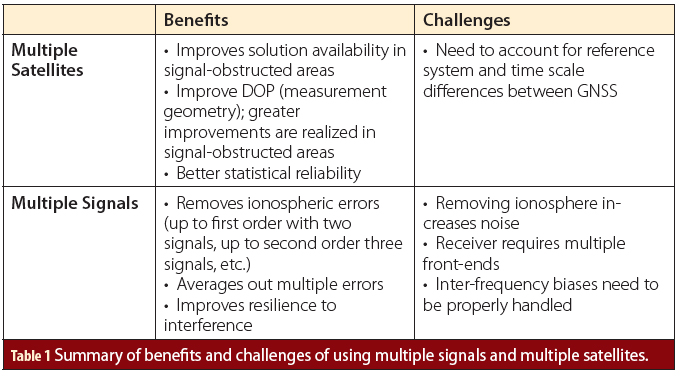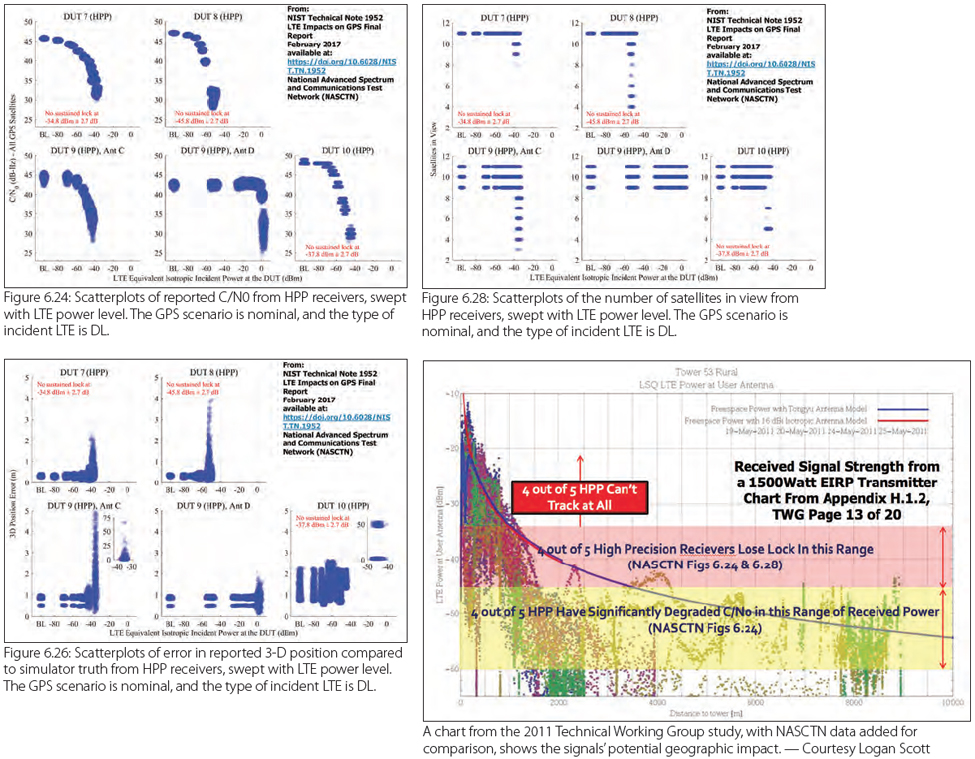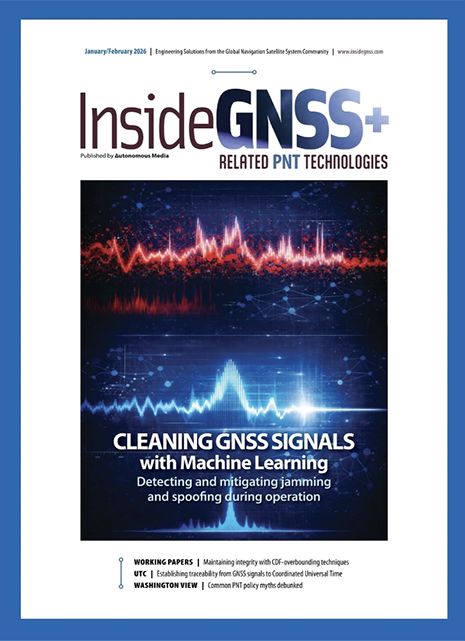IMO and the GNSS
The maritime sector drives the global economy, with ships transporting more than 80% of world trade. Ships and ports have come to rely on global navigation satellite systems (GNSS) for a huge array of applications relating to position, velocity and precise universal and local time.
By Ingo Baumann







